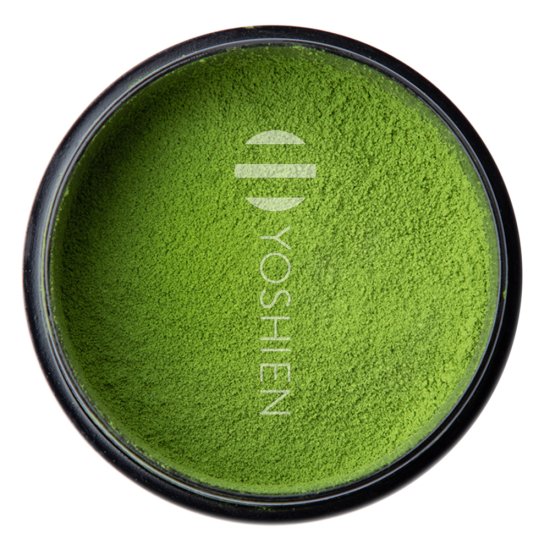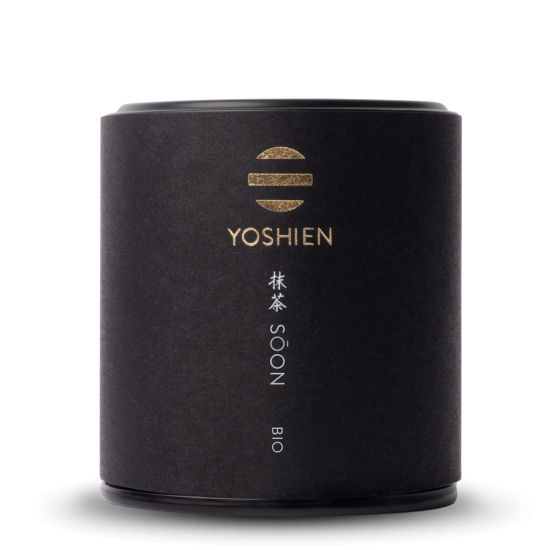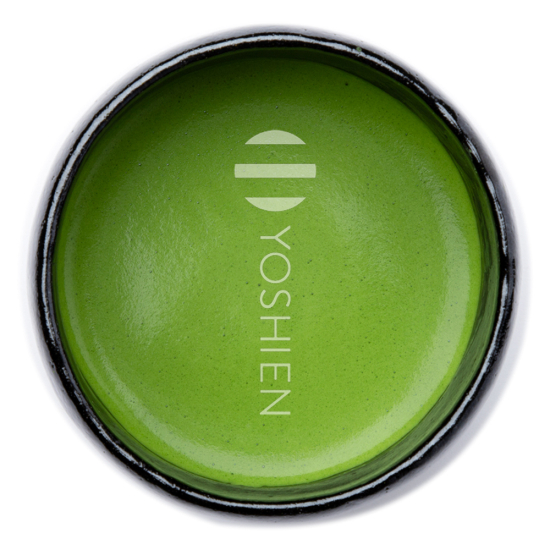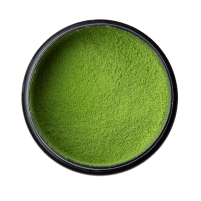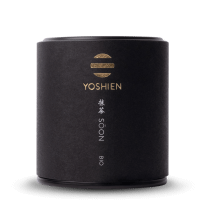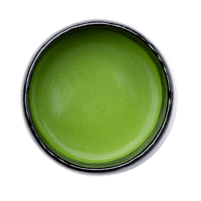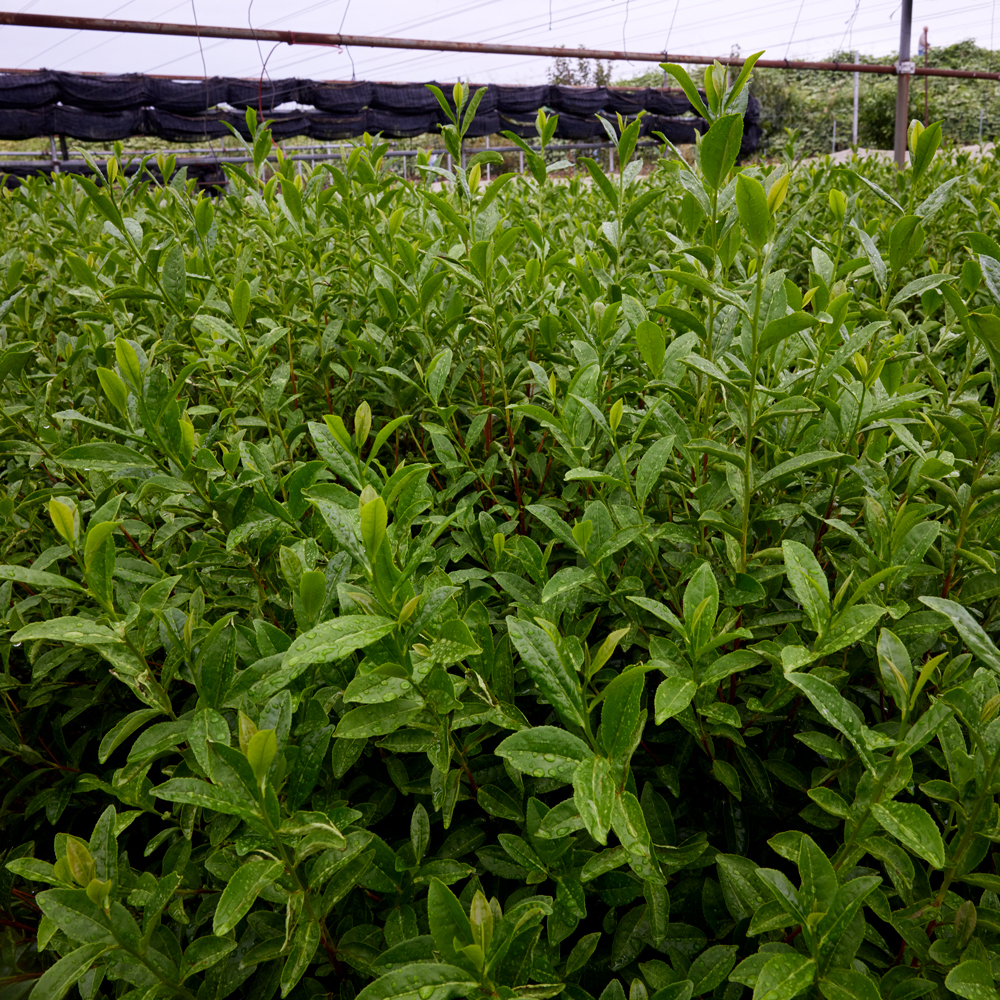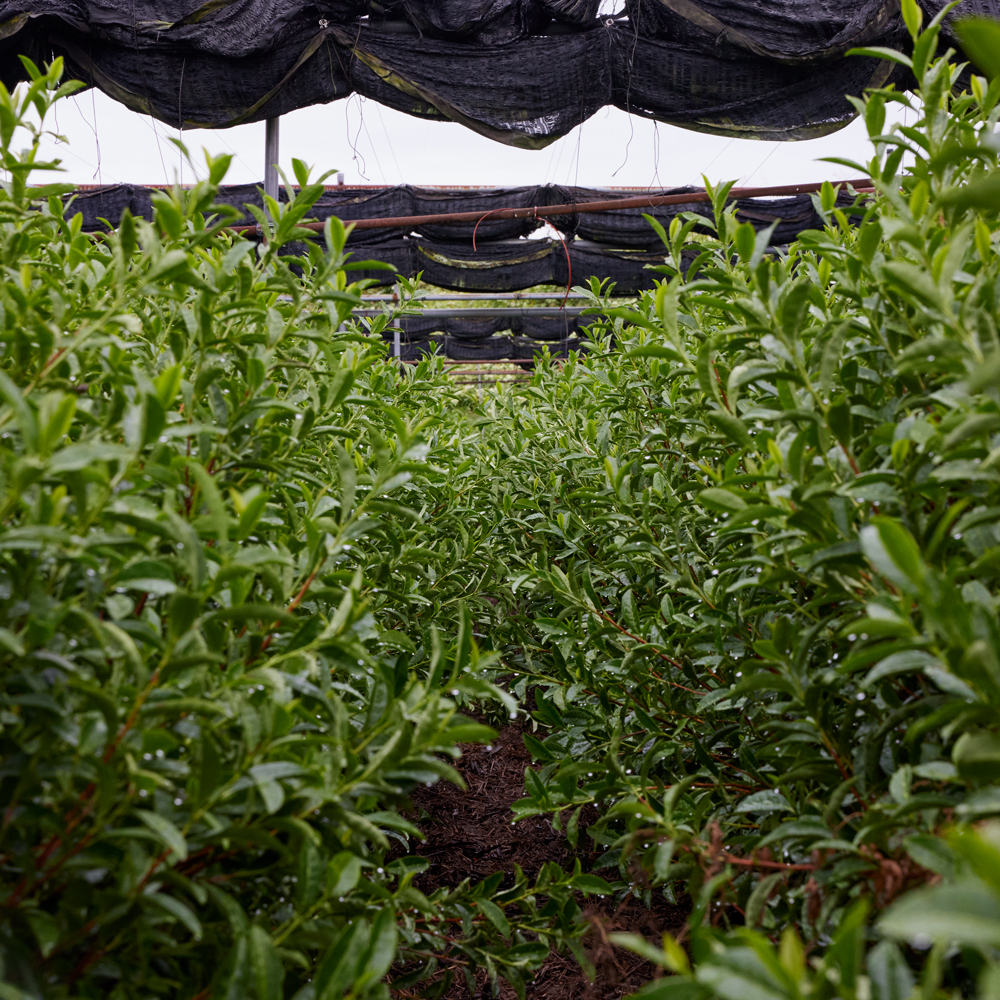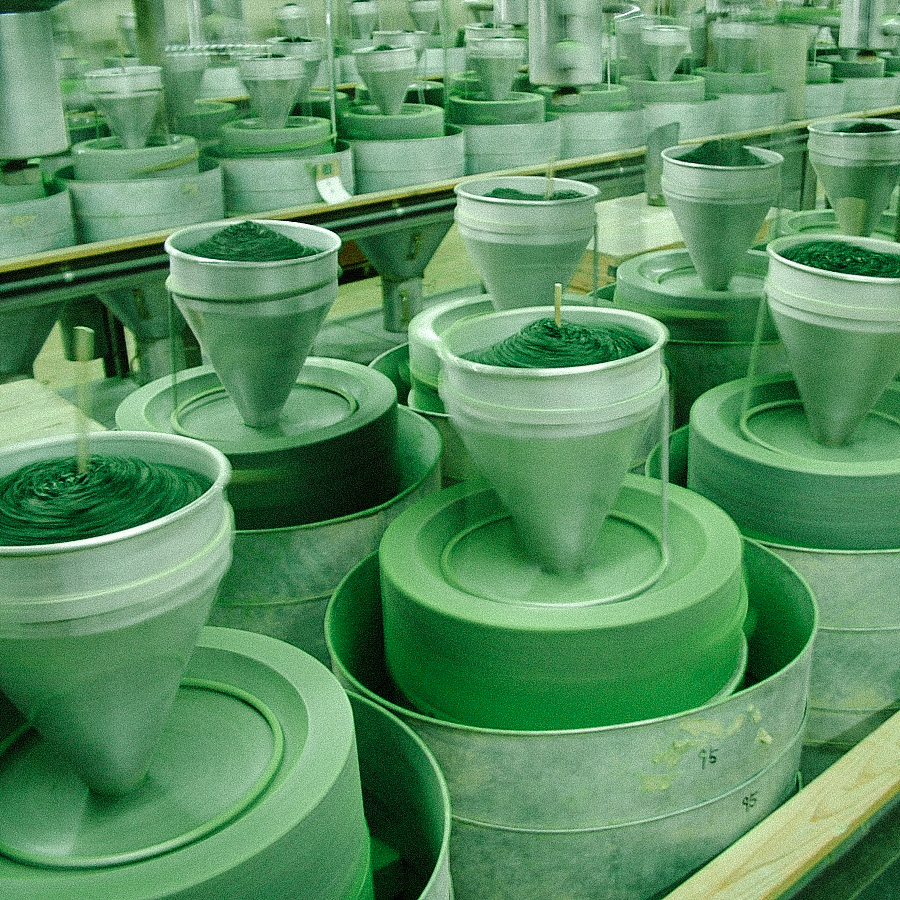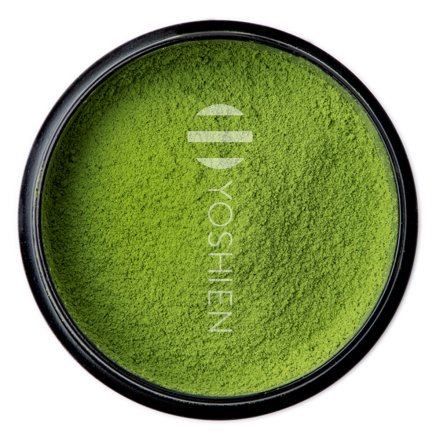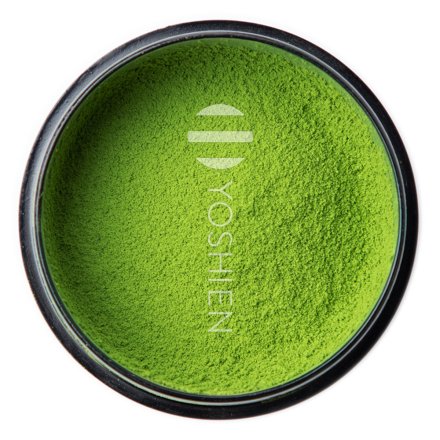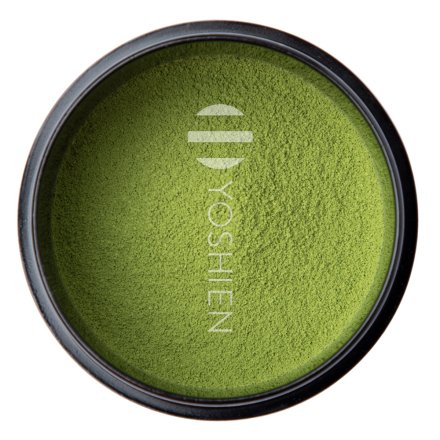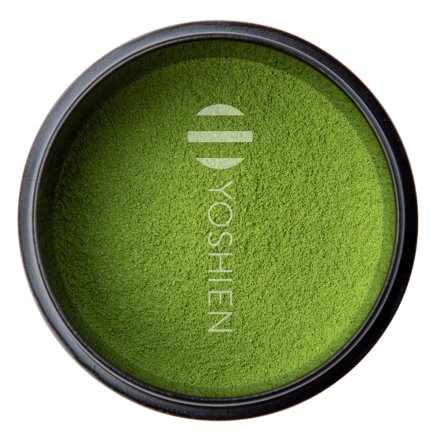Special features in location, cultivation and processing
Uji is considered the birthplace of Japanese tea culture, offering fertile soil for tea cultivation in the former floodplain of the Ujigawa River. Since the early medieval period, Uji has been renowned as Japan’s premier tea-growing region, and to this day, it continues to produce some of the country’s finest Matcha, Gyokuro, Sencha, and Hojicha. However, organic cultivation remains a rarity due to intense market competition, requiring years of experience to achieve the highly sought-after deep and harmonious umami flavour. Recently, the increasing international demand for high-quality organic Uji tea has begun to signal a shift, led by pioneering farmers such as ours.
For this Matcha, unlike the common practice of blending various cultivars, only the particularly refined, classic Uji cultivar Samidori is used. This is grown by our farmer using the traditional Shizen Jitate method, where the tea plants grow as individual bushes rather than being machine-trimmed as part of a plantation. This also means that both pest control and harvesting are carried out entirely by hand – a commitment that is clearly reflected in the Matcha’s outstanding flavour. Due to this labour-intensive method of cultivation, only a very small quantity of this Matcha is produced each year.
We offer a unique opportunity to experience not only the ground Matcha powder but also the unground Tencha and Usuore (a Tencha stem tea made from the fine leaf veins separated during Tencha production). Even in Japan, it is rare to be able to explore the complexity of Matcha production in this way.
Single Origin
This tea comes 100% from the above-mentioned tea fields in Uji, directly sourced from the farmer.
Organic Certification





